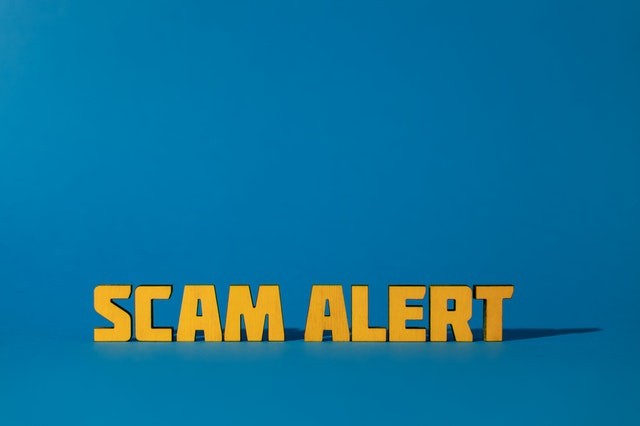
Over recent years, many people have fallen victim to one of a range of scams. Our move into the digital age has resulted in the number and range of scams expanding, with the perpetrators using everything from email and text messages to social media and mobile phones to try and scam unsuspecting people.
Since the outbreak of the global pandemic last year, a whole new breed of scammers has emerged. Sadly, some people have used the situation with COVID to try and scam people out of money in a variety of ways. This includes everything from pretending to be from a COVID vaccination site to trying to convince people they are due for a tax rebate due to COVID in a bid to get financial information from them.
Another type of scam that has emerged is in relation to contact tracing, and these contact tracing scams have resulted in huge financial losses as our infographic shows. Unfortunately, there are lots of people who have fallen victim to this type of scam, and in addition, it has impacted the efforts of real contact tracers who are involved in the fight against the spread of the infection.
Identifying Scammers
One of the key issues that people face is not knowing whether they are really talking to a contact tracer or whether it is a scammer. In fact, most never even consider that it may be a scam call, and they assume that it is a bona fide contact tracer and trust whatever they say to them on the phone. This can turn out to be a costly mistake.
Of course, you should never go the other way and assume that if you get a call from a contact tracer it must be a scam. You will generally be able to tell from the nature of the call whether it is a scammer or a real contact tracing agent. However, there are other steps you can take to be on the safe side, and this includes using reverse phone number tools to learn more about the identity of the caller.
By taking measures to try and confirm whether an unknown call is from a genuine contact tracer, people can join in the effort to reduce the spread of this deadly virus. The more people that do this, the easier it will be not only to put an end to this type of scam but also to help real contact tracers to do their job.
Naturally, contact tracing has become a vital part of the process to reduce the spread of COVID. These tracers aim to contact those who have been confirmed as positive for COVID to find out who they have interacted with. They then try to get in touch with the named contacts in order to advise them that they may have been exposed to the virus. Passing on this information can help people to limit their contact with others when they are at risk of being infected.
© 2026 HNGN, All rights reserved. Do not reproduce without permission.








